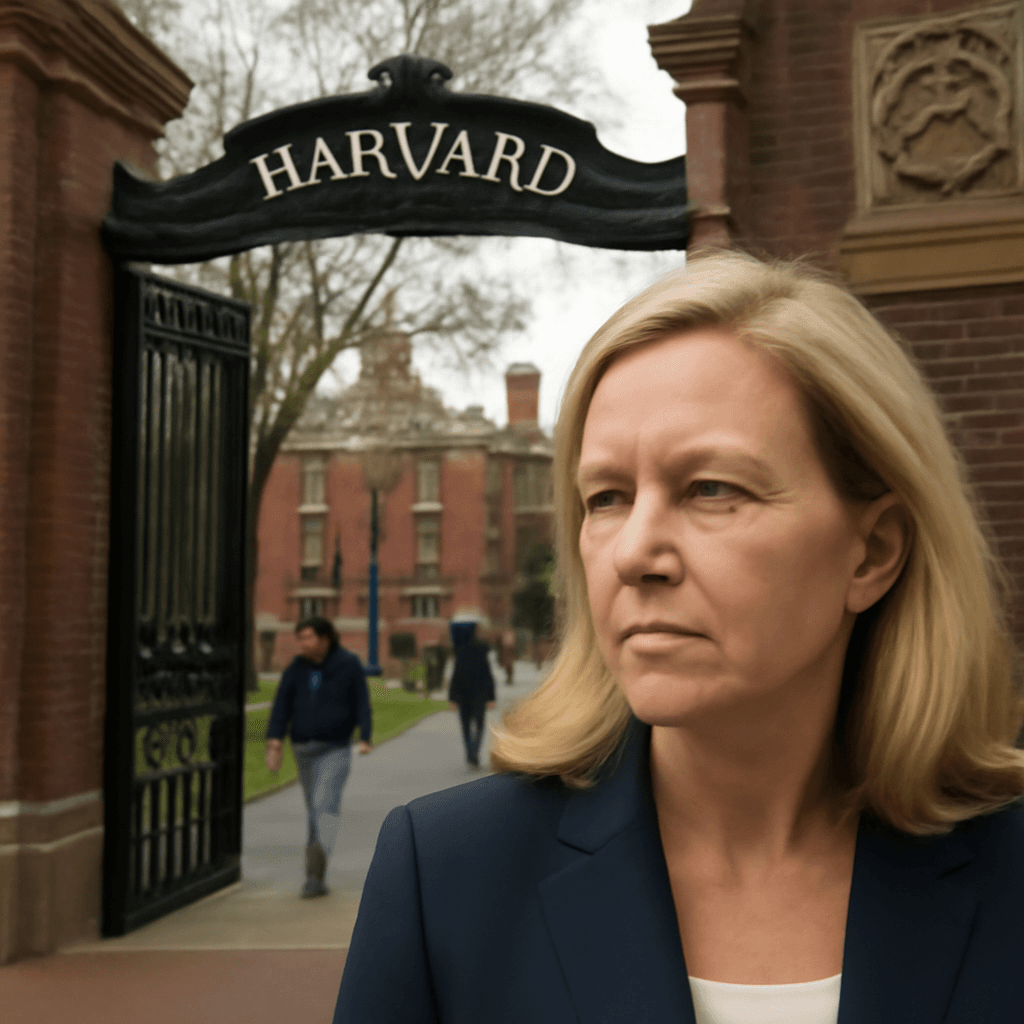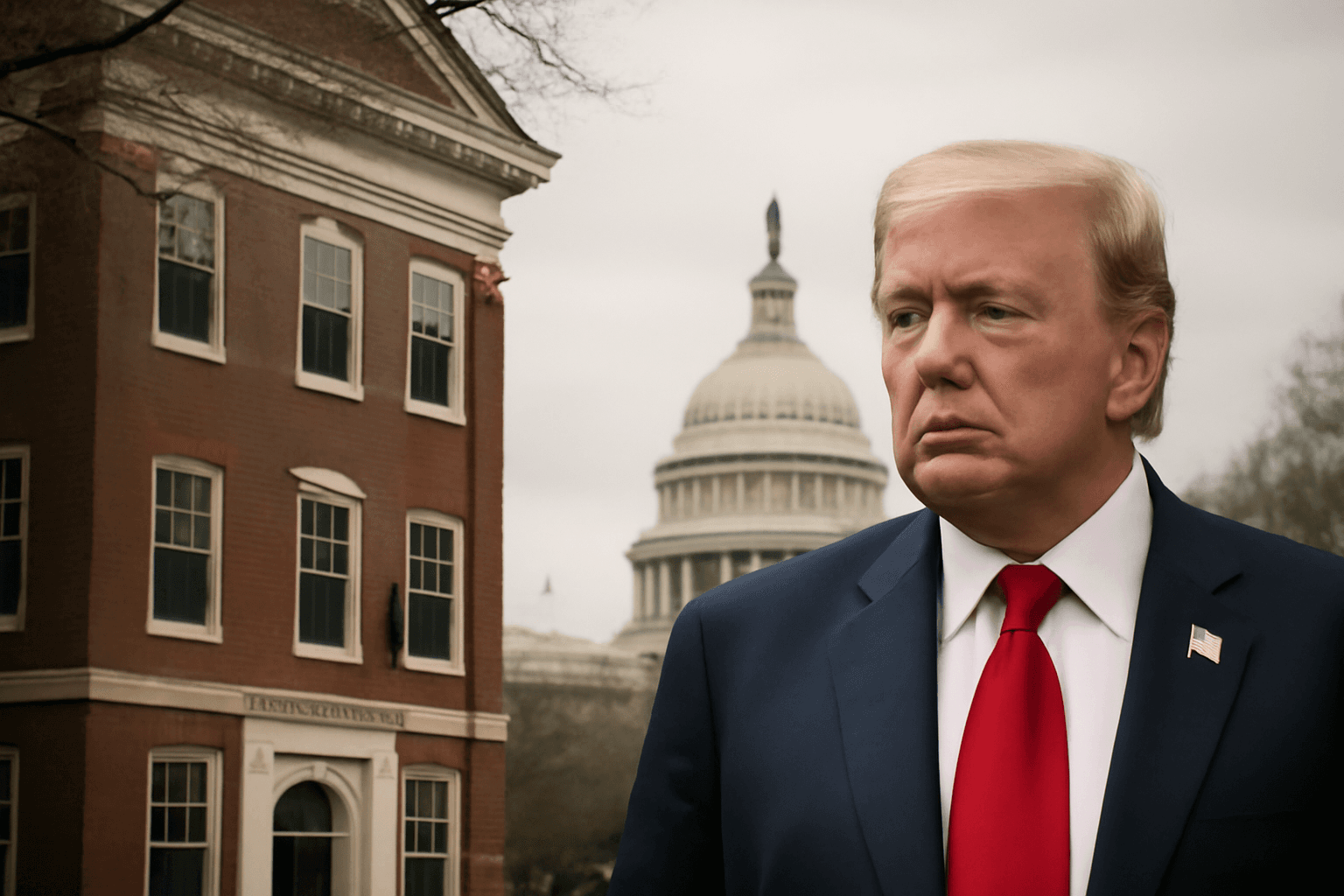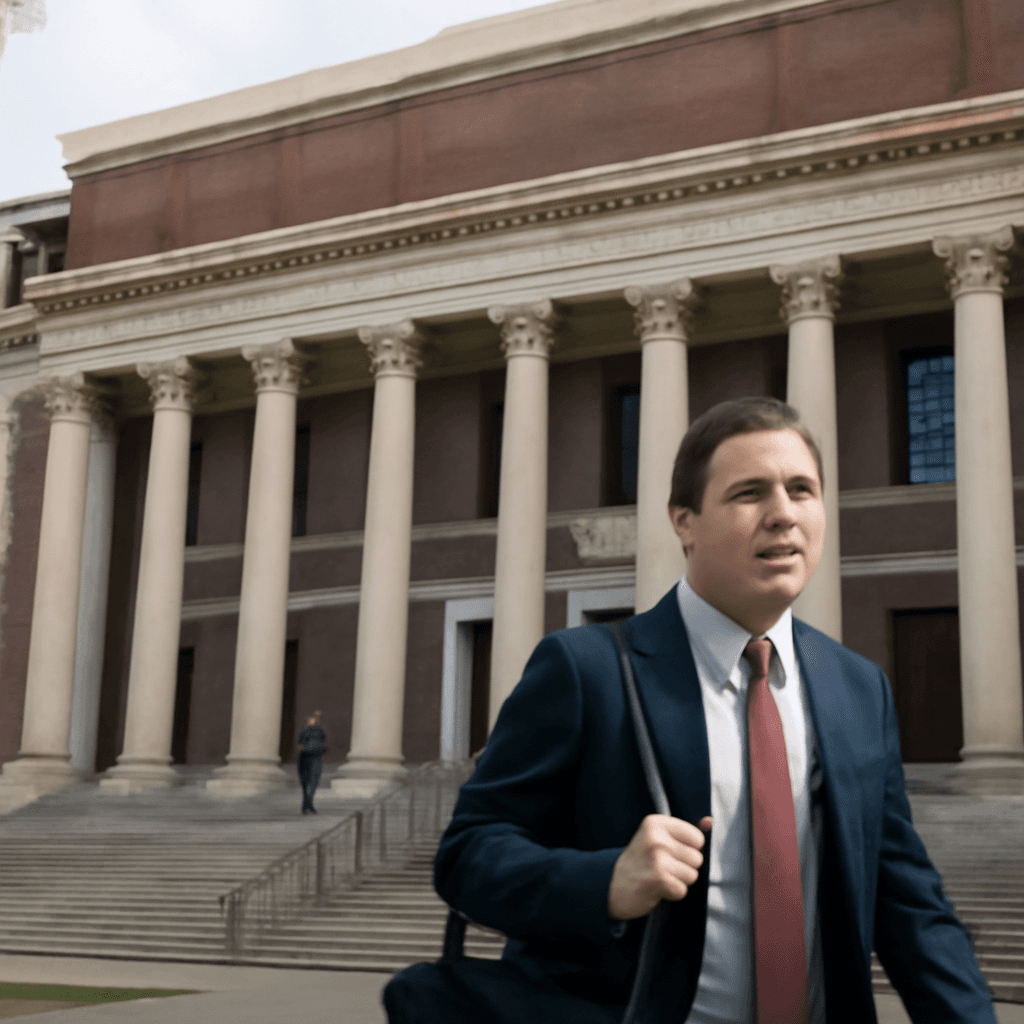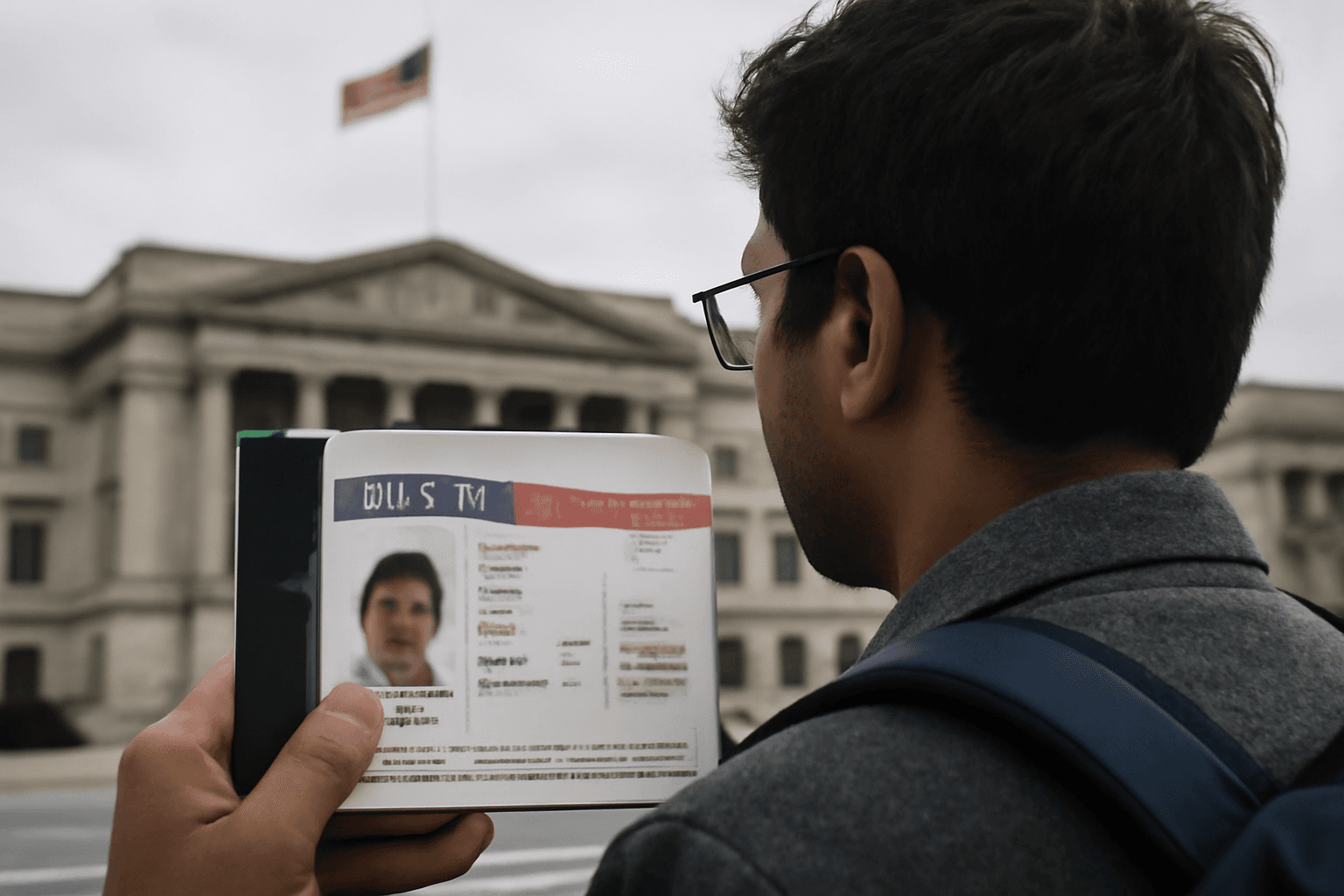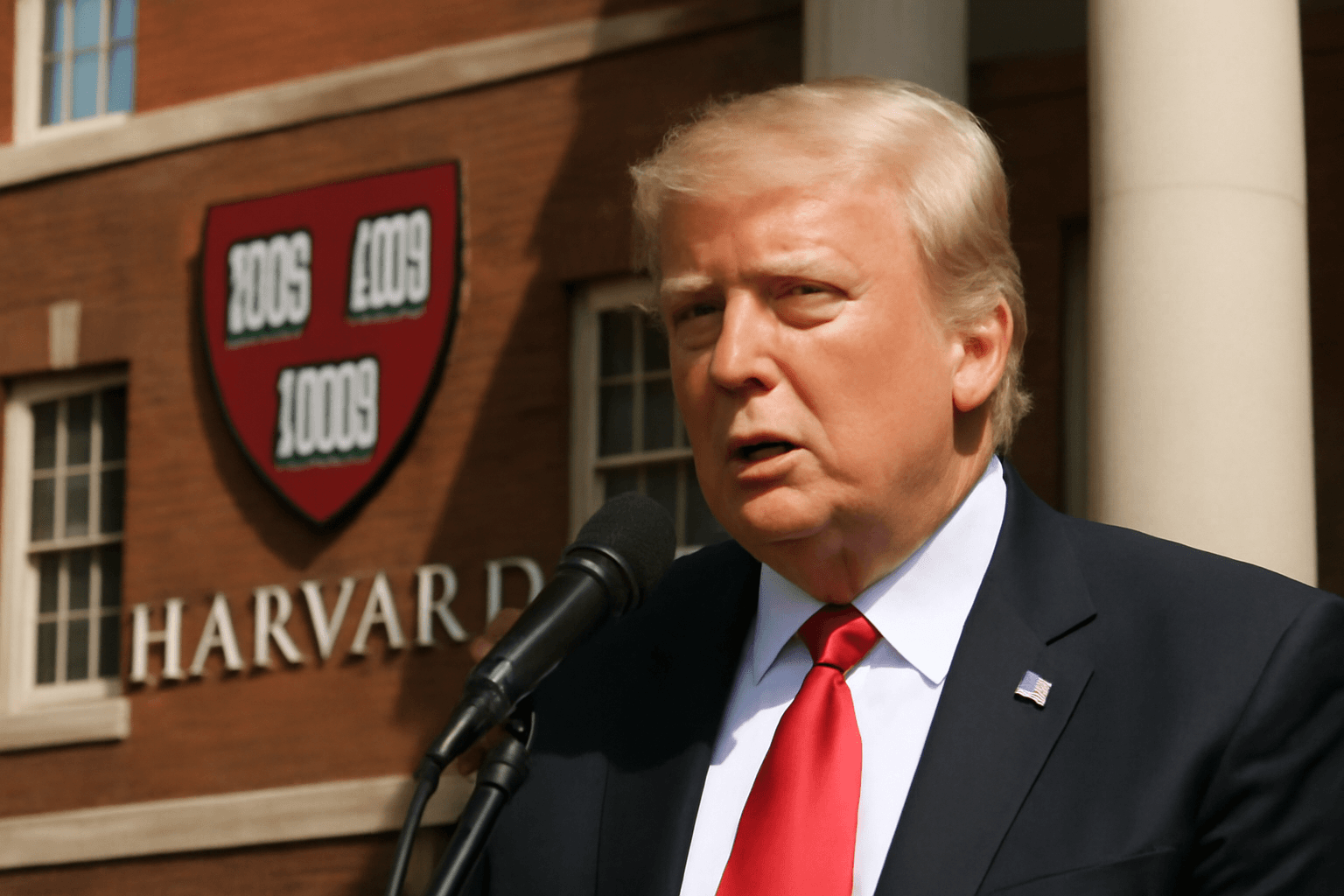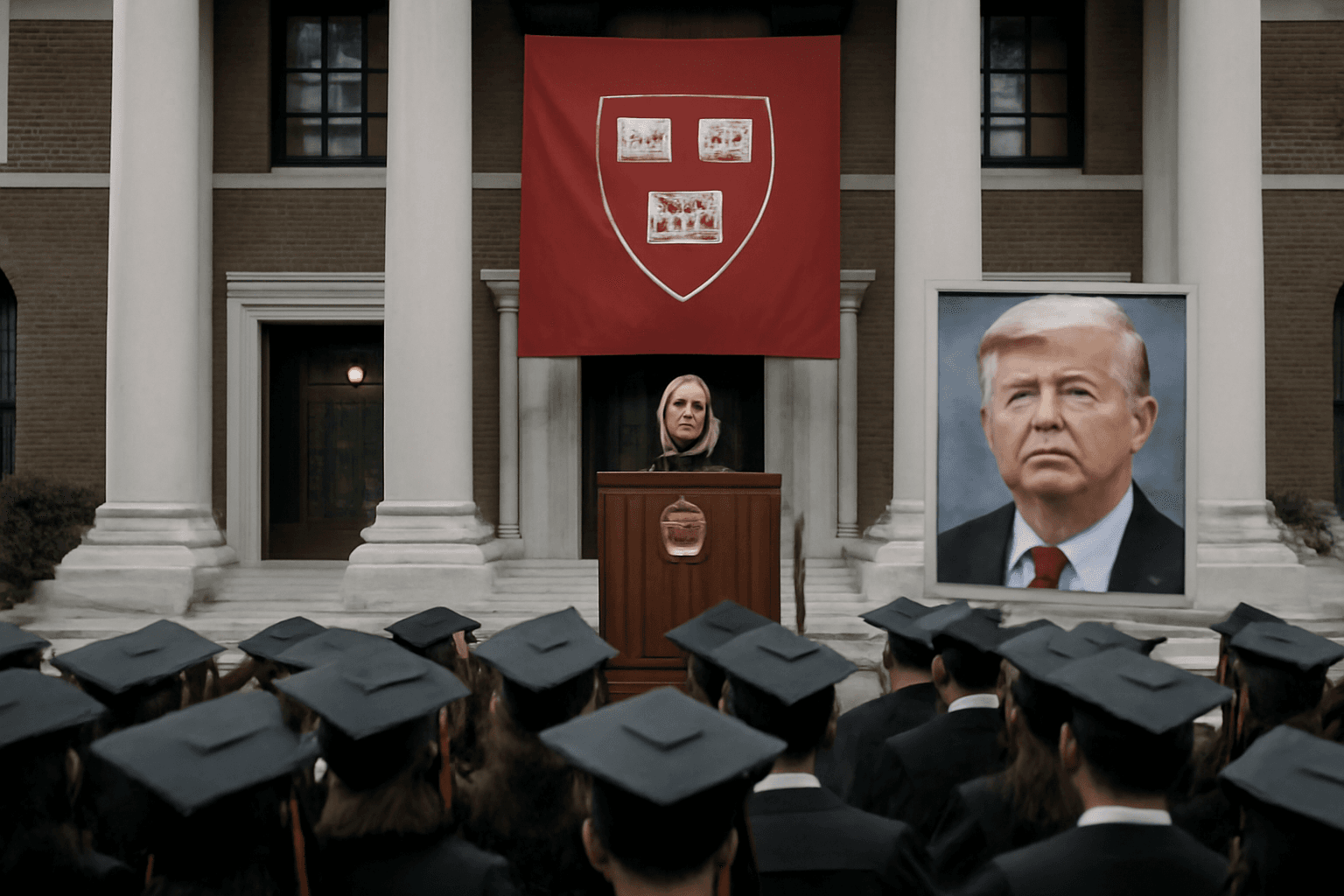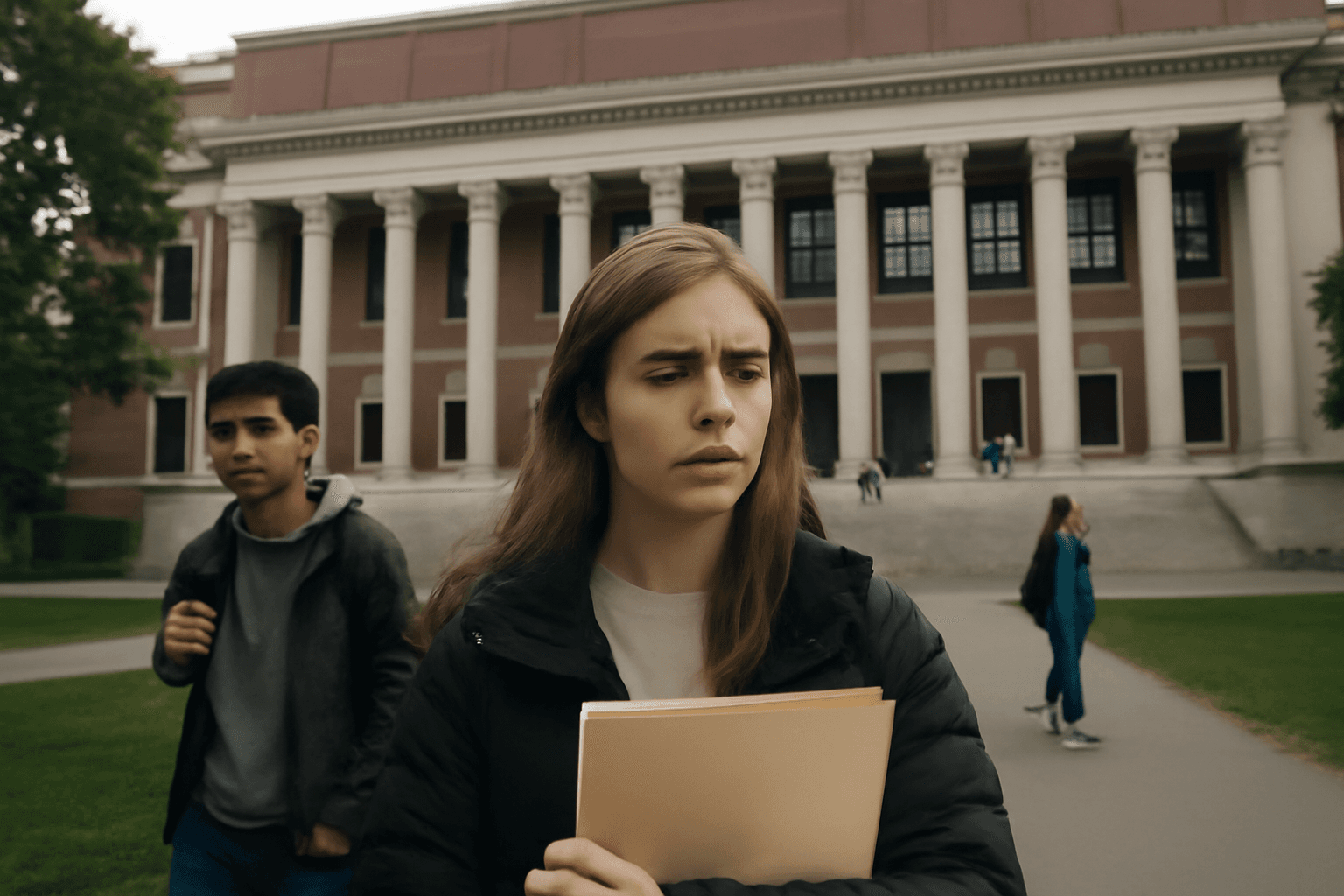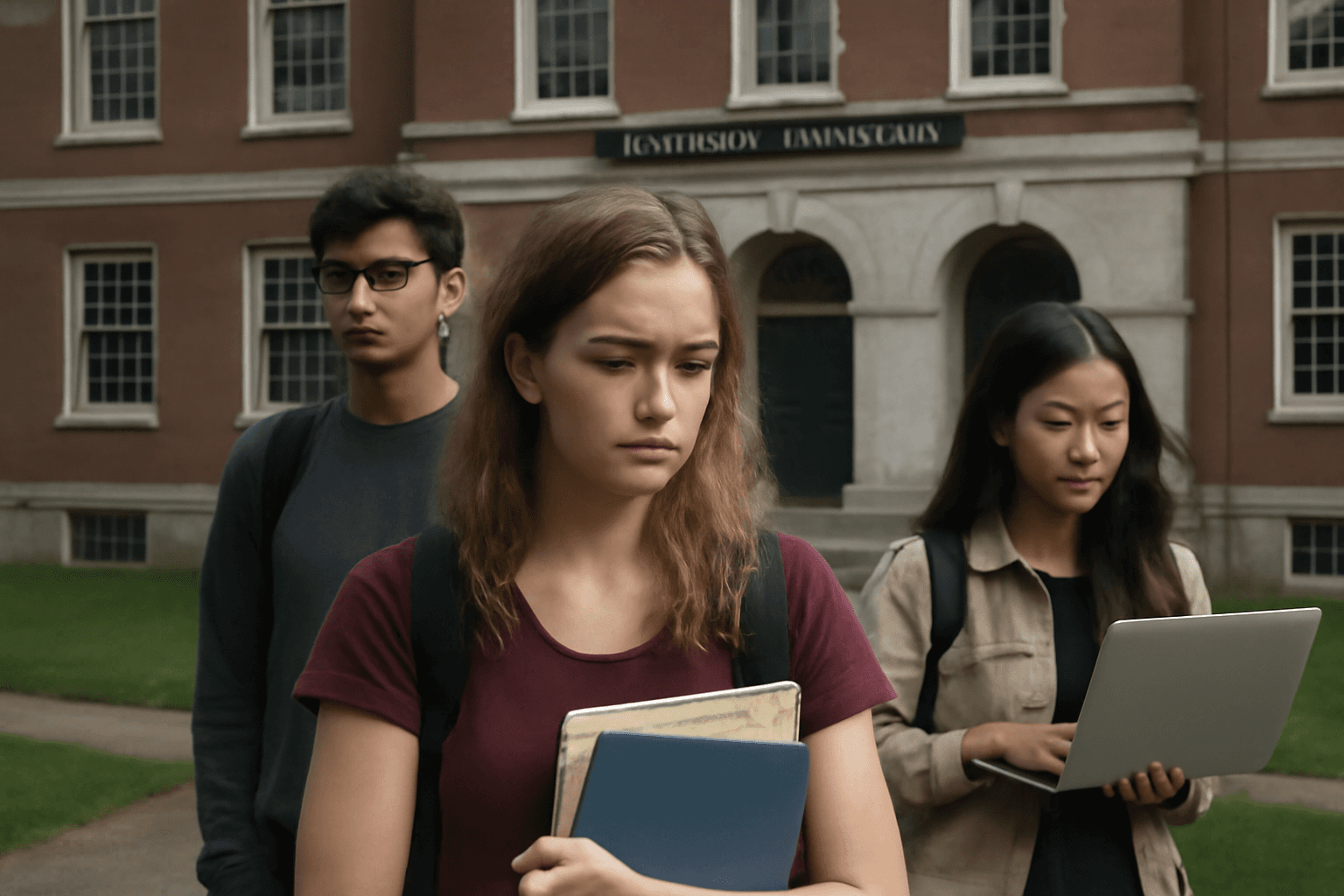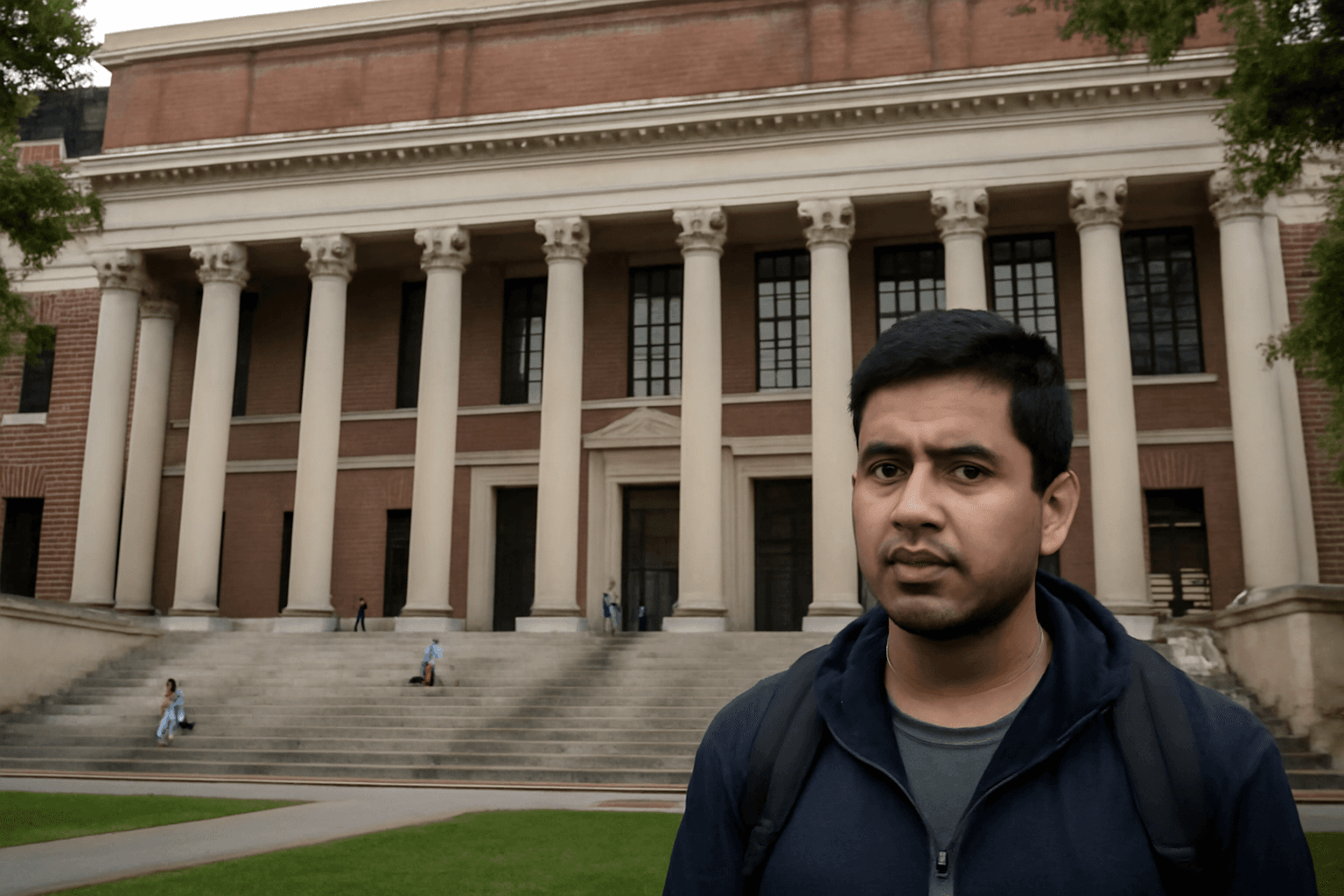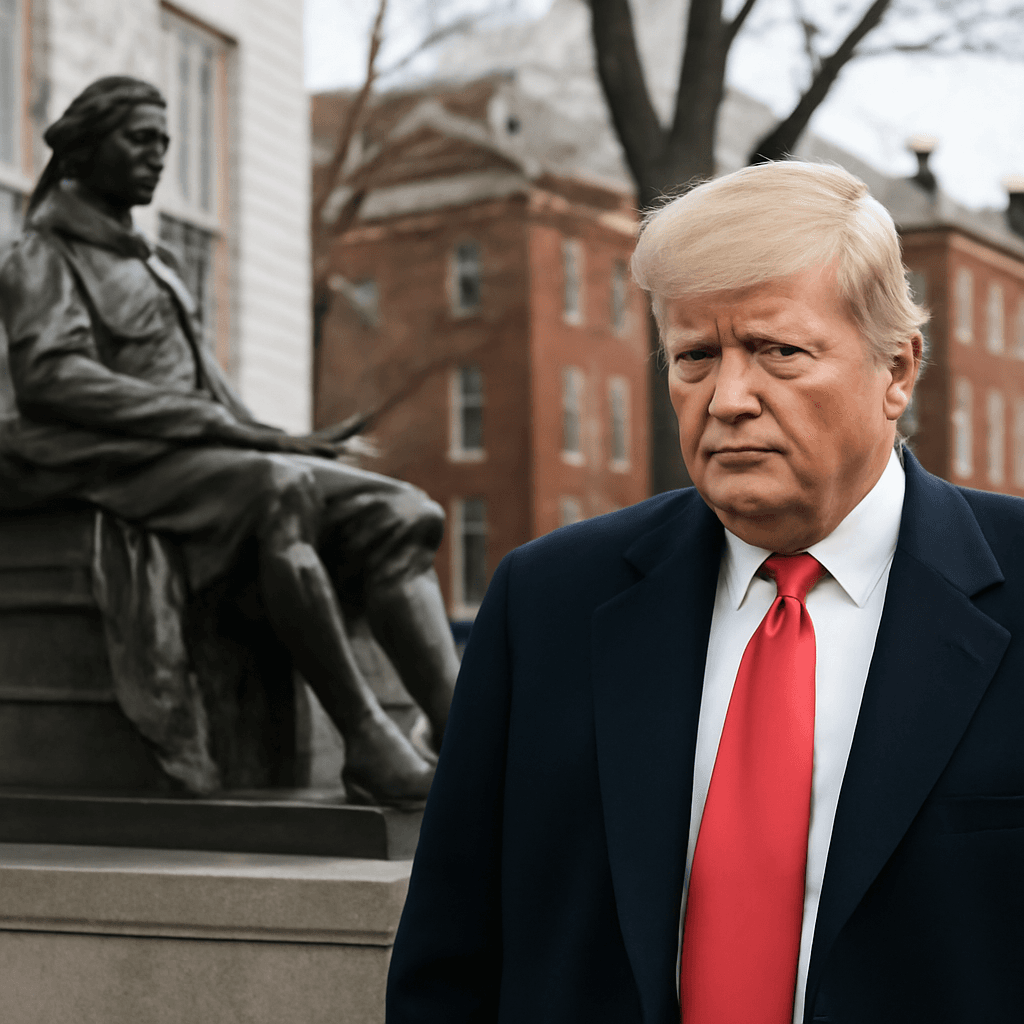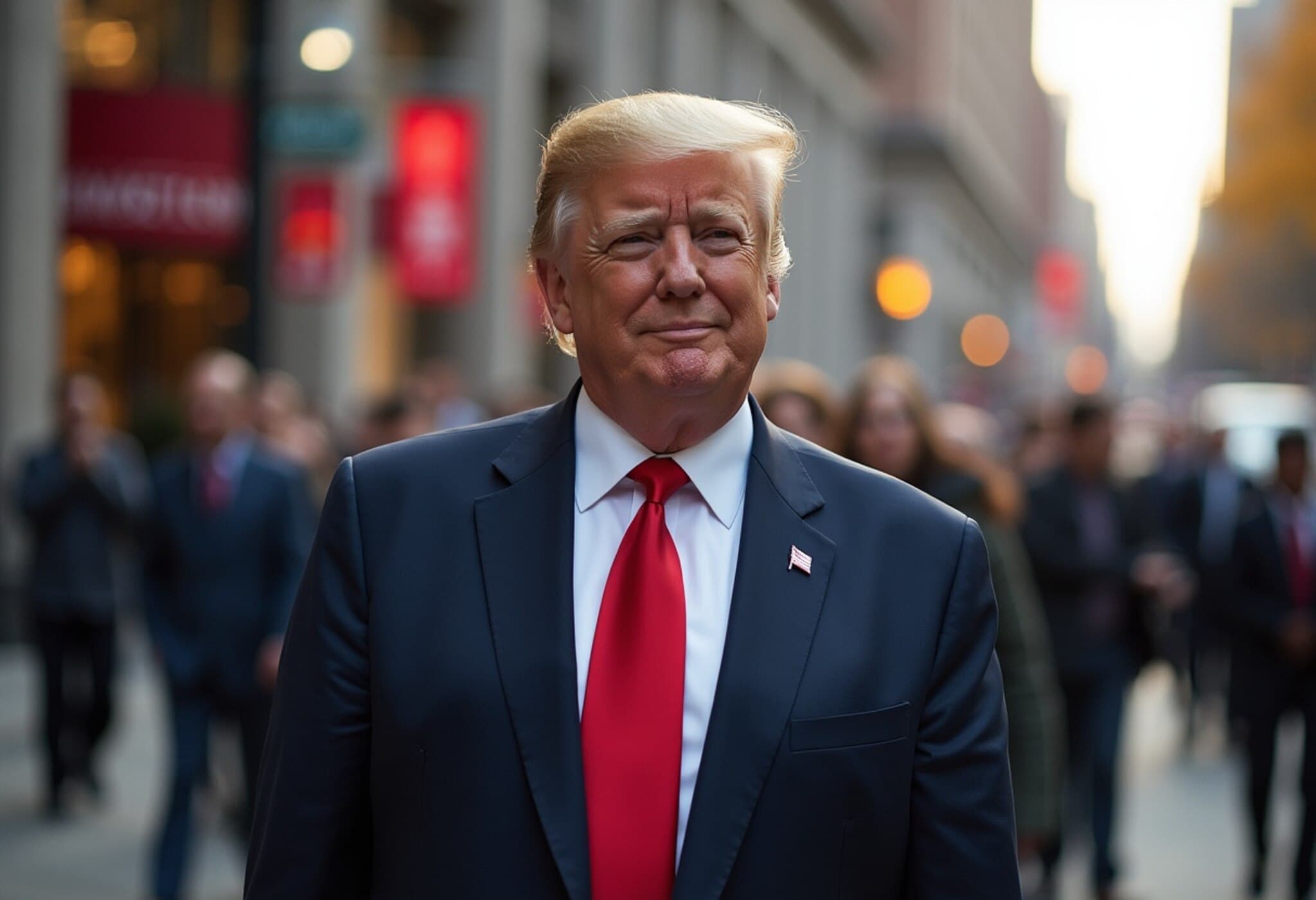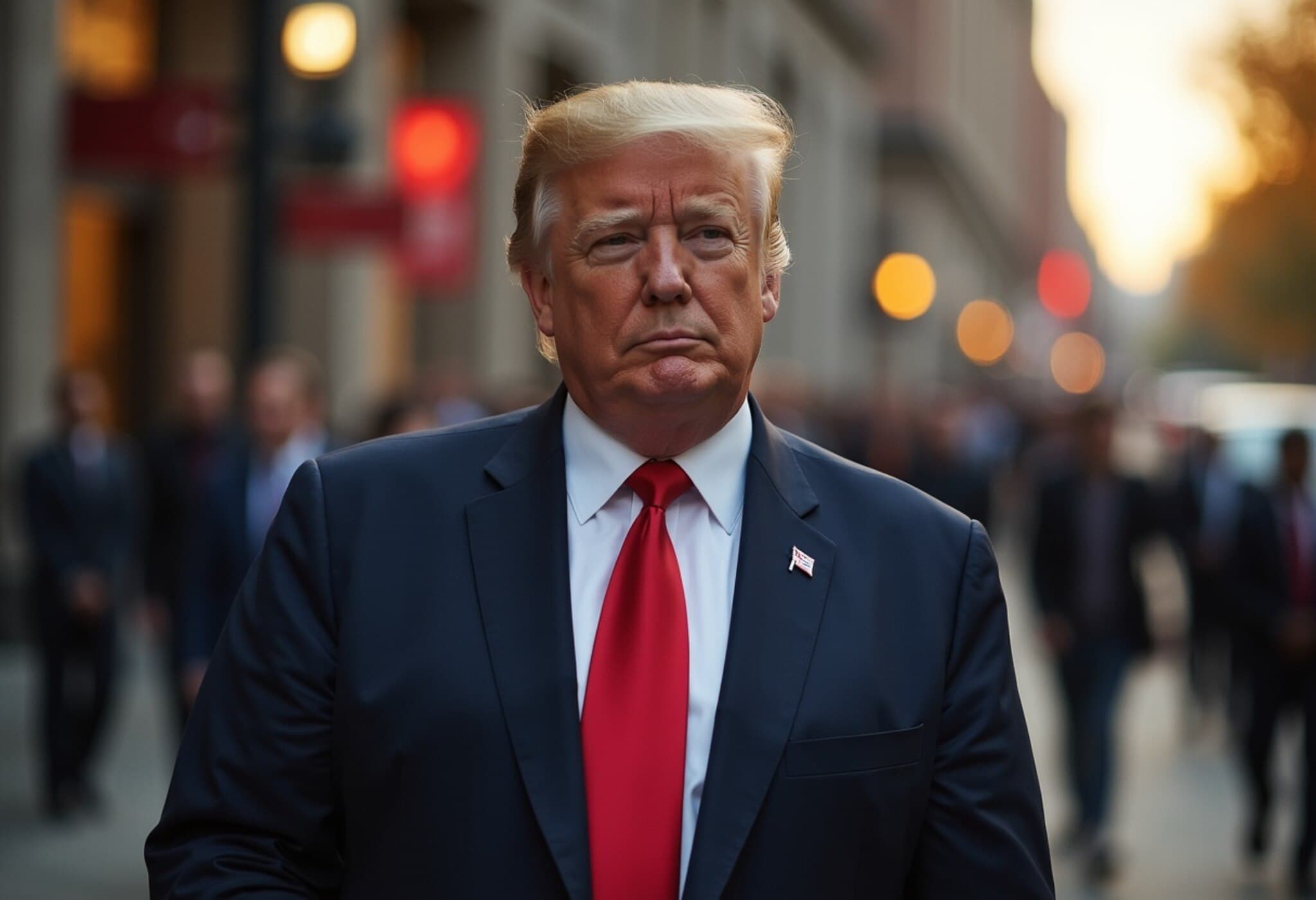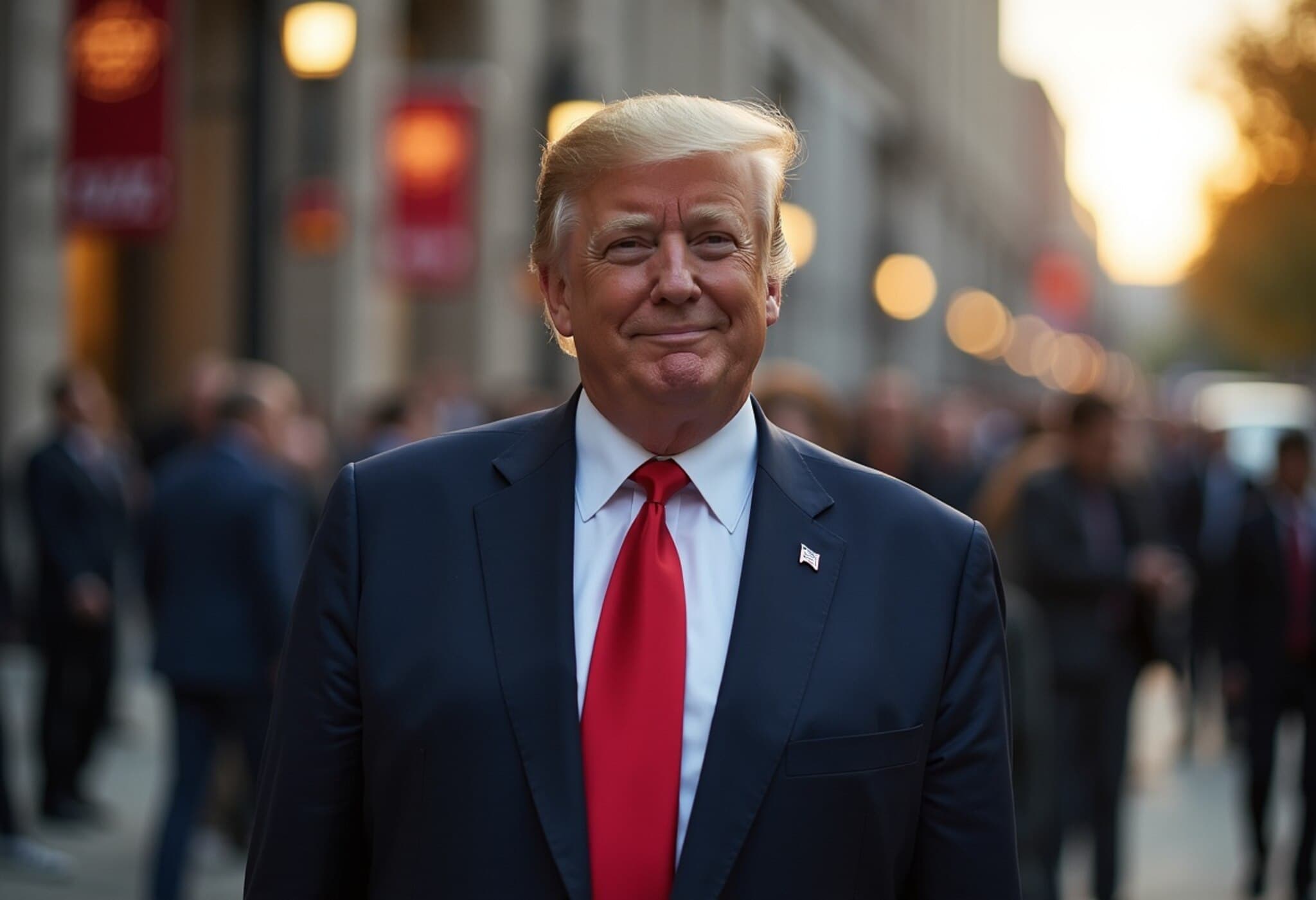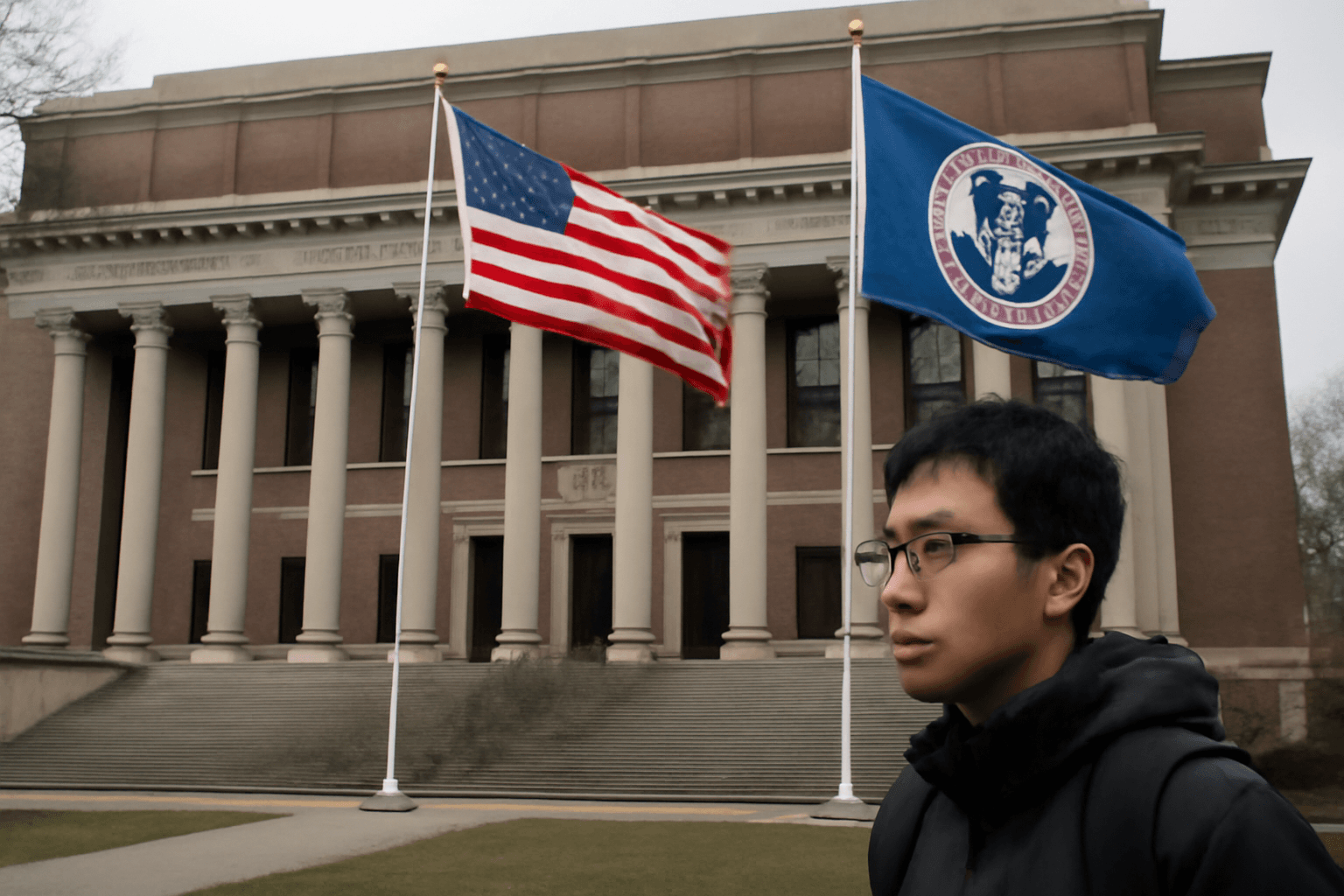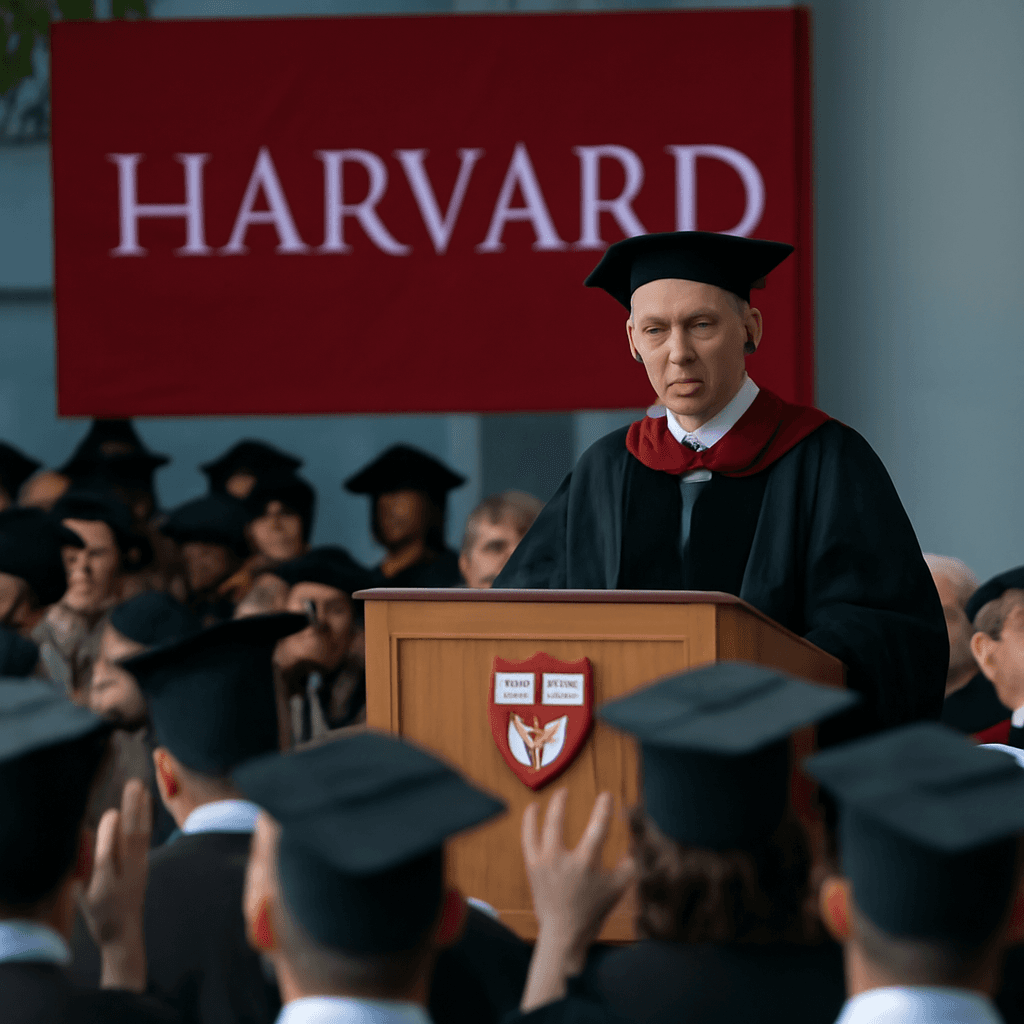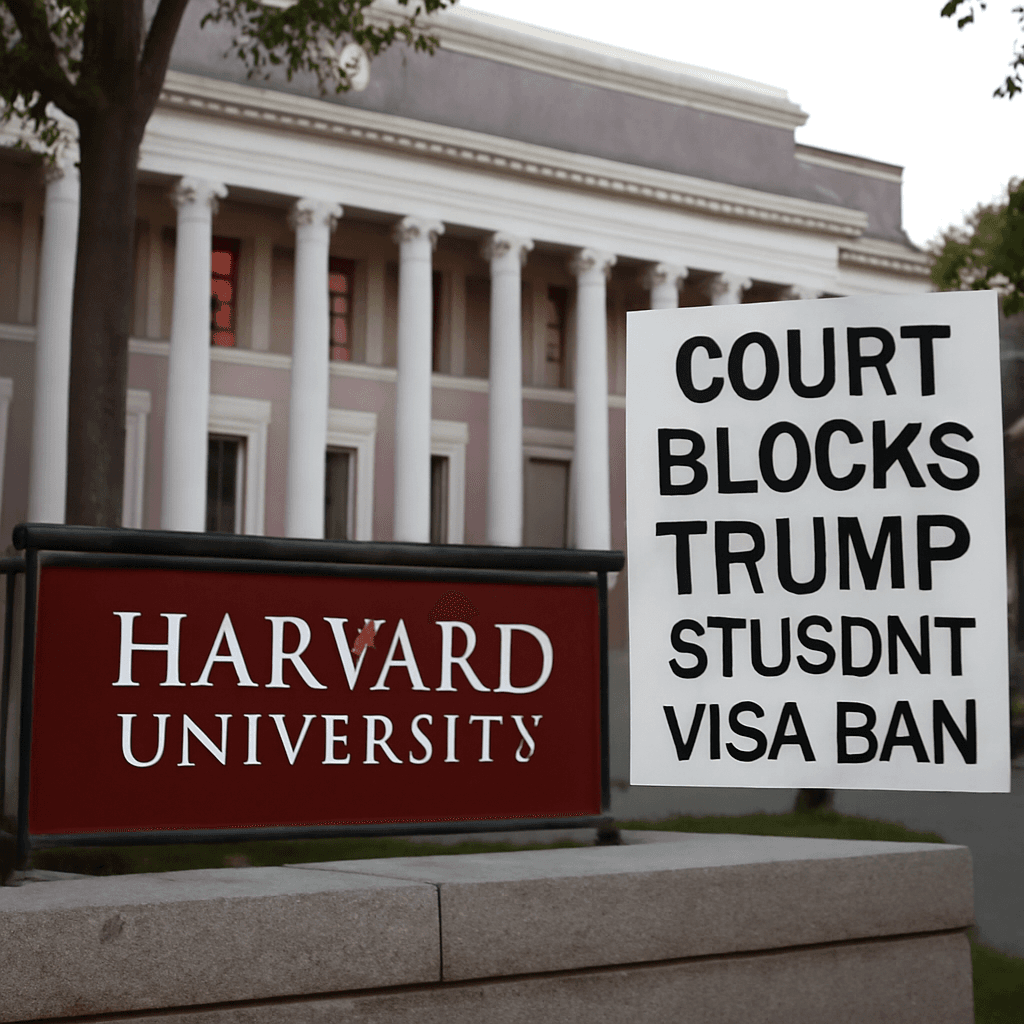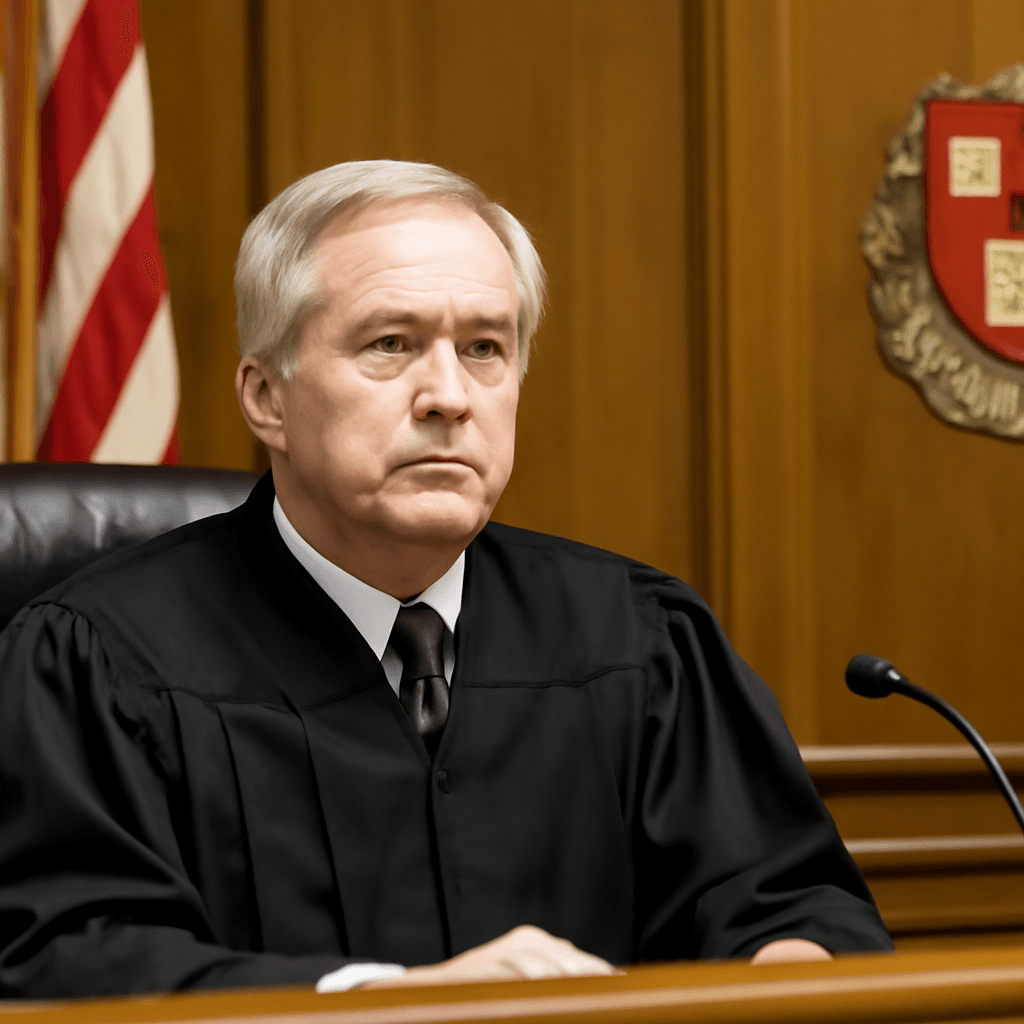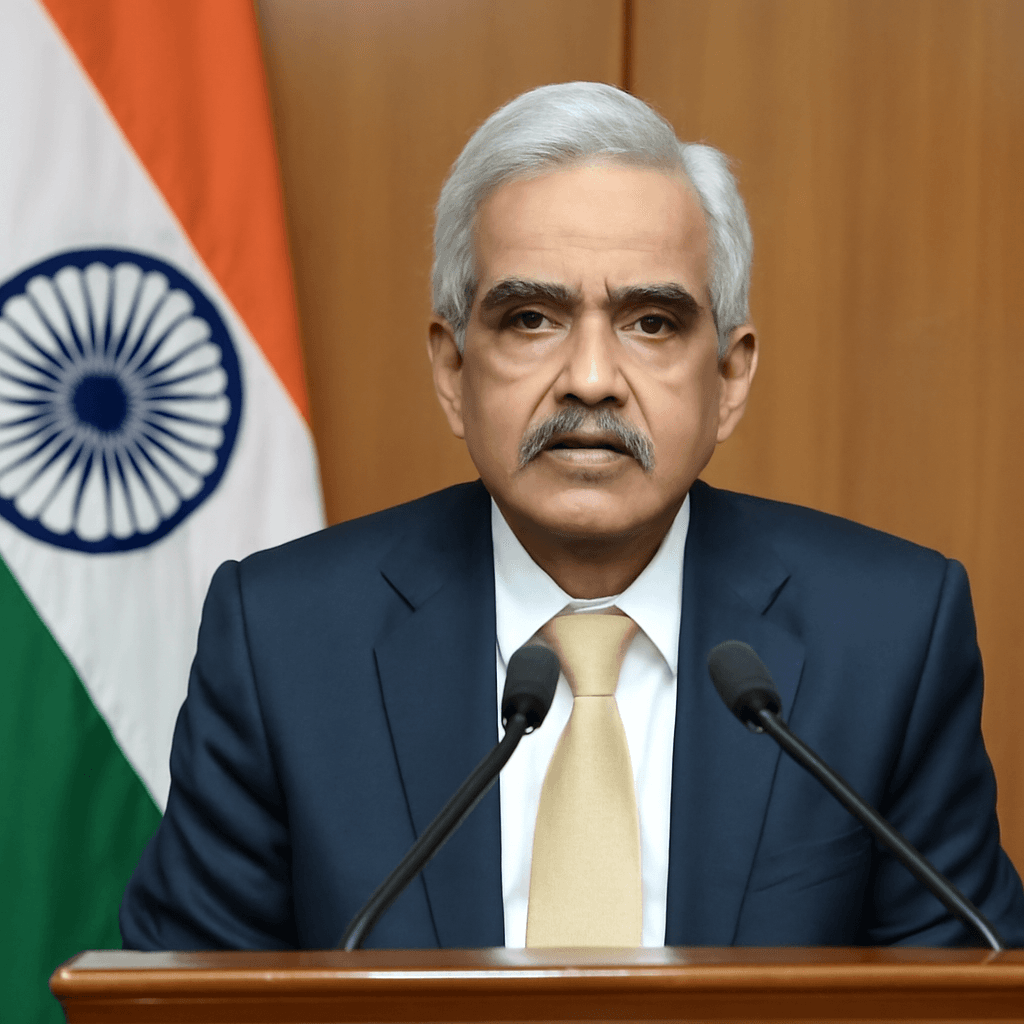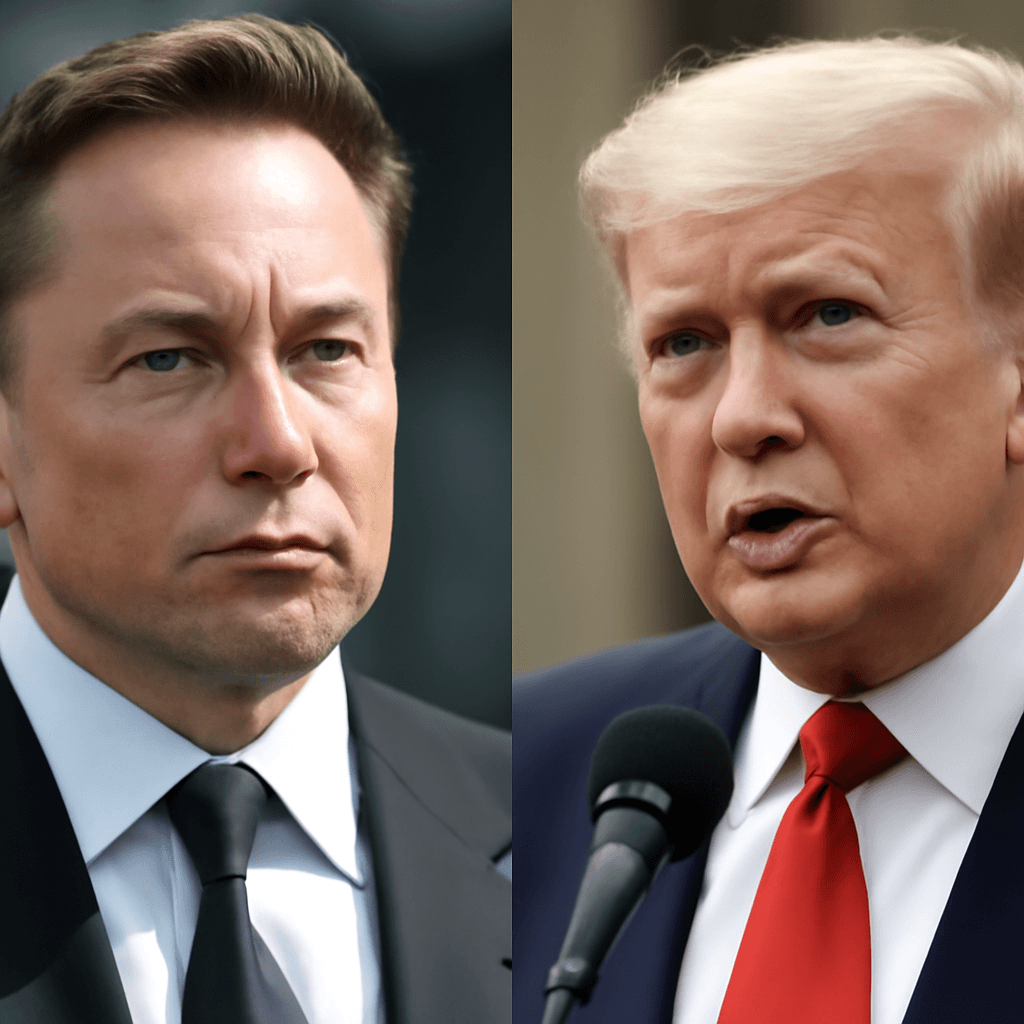US District Judge Blocks Enforcement of Trump’s Ban on Harvard's International Students
Harvard University won a significant legal victory when a U.S. District Court judge issued a temporary restraining order preventing the government from enforcing President Trump's proclamation that restricts the enrollment and entry of international students at Harvard. This ruling marks a pivotal setback for the administration amid an escalating dispute with the prestigious institution.
Details of the Court Ruling and Background
Judge Allison Burroughs of the District of Massachusetts sided with Harvard, ruling that enforcing the proclamation would cause the university "immediate and irreparable injury." She scheduled a hearing for June 16 to further examine the case. The proclamation, introduced last Wednesday, alleges national security concerns due to Harvard’s refusal to provide certain records on international student misconduct.
Earlier, the administration had revoked Harvard's authority to sponsor visas for international students and researchers, amplifying tensions between the two parties. Harvard had filed an amended lawsuit on May 23, asserting its rights and challenging the government’s claims.
Government Response and Harvard’s Position
An official from the Department of Homeland Security criticized the ruling, characterizing it as a delay of justice and affirming the administration’s commitment to reform the student visa system. The government maintains that enrolling international students is a privilege, not a right, and positions its actions as measures to restore oversight and national security.
Harvard's administration, meanwhile, highlighted ongoing efforts to ensure that international students and researchers can continue their involvement in academic programs despite the legal battles. Harvard’s President emphasized the university’s efforts to remain compliant with required data sharing and disciplinary reporting.
Underlying Issues and Legal Arguments
Foreign students constitute approximately 27% of Harvard’s campus population. The administration's proclamation accuses Harvard of neglecting to address misconduct and asserts concerns about collaboration with Chinese researchers potentially aiding military modernization efforts in Beijing.
The university's legal team contends that the actions are retaliatory, violating Harvard's constitutional rights by attempting to control its governance, curriculum, and ideological stance. Harvard argues the government’s measures are part of an escalating campaign to punish the university for exercising its First Amendment rights.
Impact on International Students
The announcement has heightened uncertainty and anxiety among Harvard’s international student community. Abdullah Shahid Sial, president of Harvard’s undergraduate student body and a student from Pakistan, expressed feeling unwelcome and uncertain about returning for his upcoming academic year due to immigration restrictions.
Wider Policy Efforts and Future Outlook
President Trump has sought additional measures against Harvard, including proposals to limit foreign student enrollment to 15%, revoke the university’s tax-exempt status, and cancel existing federal contracts. Furthermore, the administration has targeted other institutions, such as requesting the revocation of Columbia University’s accreditation.
The temporary restraining order increases the likelihood that the dispute will ascend to higher courts, including potentially the Supreme Court, which has previously upheld broad presidential authority over immigration policies in related cases.
Summary
- U.S. District Judge Allison Burroughs granted a temporary restraining order halting Trump’s proclamation affecting Harvard’s international students.
- Judge cited immediate and irreparable harm to Harvard if enforcement proceeds.
- The government argues the ban is a national security measure and a privilege-based system.
- Harvard contends the action violates constitutional rights and is retaliatory.
- International students face uncertainty and obstacles in continuing their studies.
- The legal battle is likely to escalate to higher courts, possibly the Supreme Court.

